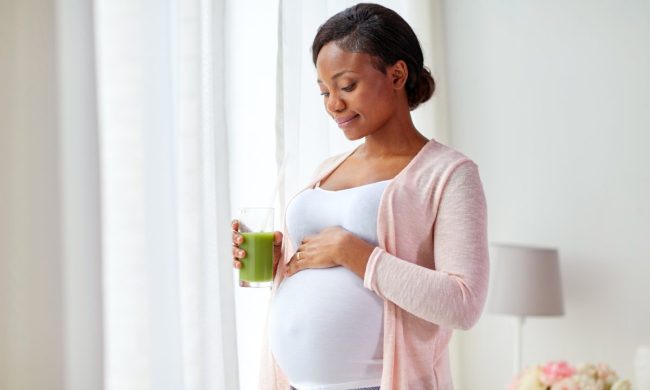For people hoping to become parents, trying to conceive can be an extremely frustrating process. All kinds of products, from phone apps to fertility crystals claim to help. Ovulation trackers claim that they can pinpoint the days a person is likely to be most fertile and increase the likelihood of pregnancy. But do they really work?
What are ovulation trackers?
There are two main indicators that your body is ovulating. The first is your temperature: if you’re ovulating, you will typically see your temperature rise between 0.4 degrees to 1 degree. Therefore, if your normal resting temperature is 98.6 degrees Fahrenheit, your temperature when ovulating will likely be somewhere between 99 to 99.6 degrees.
The second indicator is the presence of a substance called the “luteinizing hormone” which is released into your bloodstream 24 to 48 hours before ovulation and can be detected in urine. An ovulation tracker is a device that uses temperature readings, urinalysis, or both to determine which days within a month you are most likely going to be able to conceive. A temperature-only based ovulation tracker works by analyzing your temperature each day after the first day of your period to determine what your typical temperature is and when you are likely ovulating based on a rise in your temperature. A tracker that analyzes urine requires the user to use dipsticks to get a sample of their urine and insert those sticks into the device, which can detect the presence of the luteinizing hormone.

Are ovulation trackers accurate?
Aaron Styer, an OB-GYN, reproductive endocrinologist, and co-medical director of a Boston-based fertility clinic, told Women’s Health magazine that trackers which analyze urine and temperature (or those that only use urinalysis) are more accurate than temperature-only trackers. First, not everyone’s body temperature rises when ovulating. Second, as a team of doctors detailed in a paper published in Bioengineering and Translational Medicine, there is a long list of factors that can cause your temperature to rise that have nothing to do with ovulation, including “alcohol, emotional or physical stress, sleep disturbance, change of room temperature, change of waking time, change of climate, and recent start or discontinuation of birth control pills”. Therefore, trackers that analyze urine are more likely to be accurate than those that only use temperature to predict ovulation.
What do users say?
In a review of various methods of ovulation trackers, the group of doctors who wrote the above-mentioned paper concluded that an ideal ovulation tracker would be noninvasive, inexpensive, easily available, precise in determining ovulation, and precise in determining fertility window. Unfortunately for users, the doctors found that none of the methods they reviewed met every feature. In other words, would-be parents are still waiting for the perfect ovulation tracker.
But some are better than others. Julia Malacoff, a writer in the process of trying to conceive, reviewed various ovulation trackers for Insider and ranked them by various metrics, including best overall and best budget tracker. She rated ClearBlue’s fertility monitor as “best overall” and many parents agree: 76% of users gave the device a five-star review on Amazon. But at $115, with test strips sold separately, its price makes it out of reach for many, and some parents found that their device didn’t give them accurate readings.

An important caveat with any review of an ovulation tracker is that it can be hard to determine whether the reviewer would have gotten pregnant without the tracker’s help or whether the tracker actually helped with the process. One woman in a Facebook group of parents who are doing IVF, noted that she “wasn’t a huge fan” of a certain tracker but also that her fertility issues “went way beyond ovulation tracking so it was never going to help”.
A subset of those trying to conceive will be unable to conceive without further medical interventions. Even taking that fact into account, the data is clear: a recent study of 844 people trying to conceive published in Journal of Women’s Health found that “for women using a home ovulation test with the connected app, the odds of becoming pregnant were twice those for women not using ovulation testing in the first cycle of use.” That significant difference suggests that ovulation trackers, even though they’re far from perfect, are a good tool to use for those who may be struggling to conceive.



